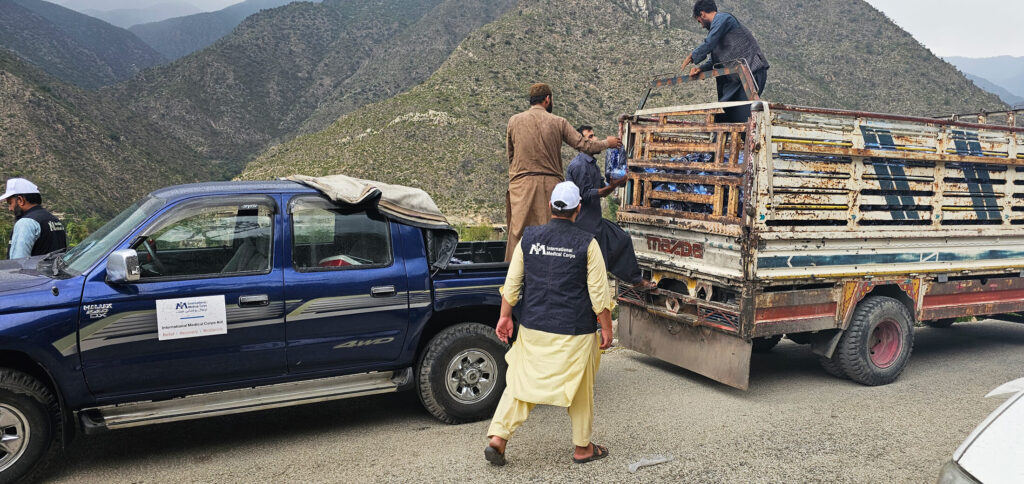On August 31, a powerful 6.0-magnitude earthquake struck eastern Afghanistan, causing catastrophic destruction across Kunar, Laghman and Nangarhar provinces, levelling entire villages and affecting more than 8,400 families.
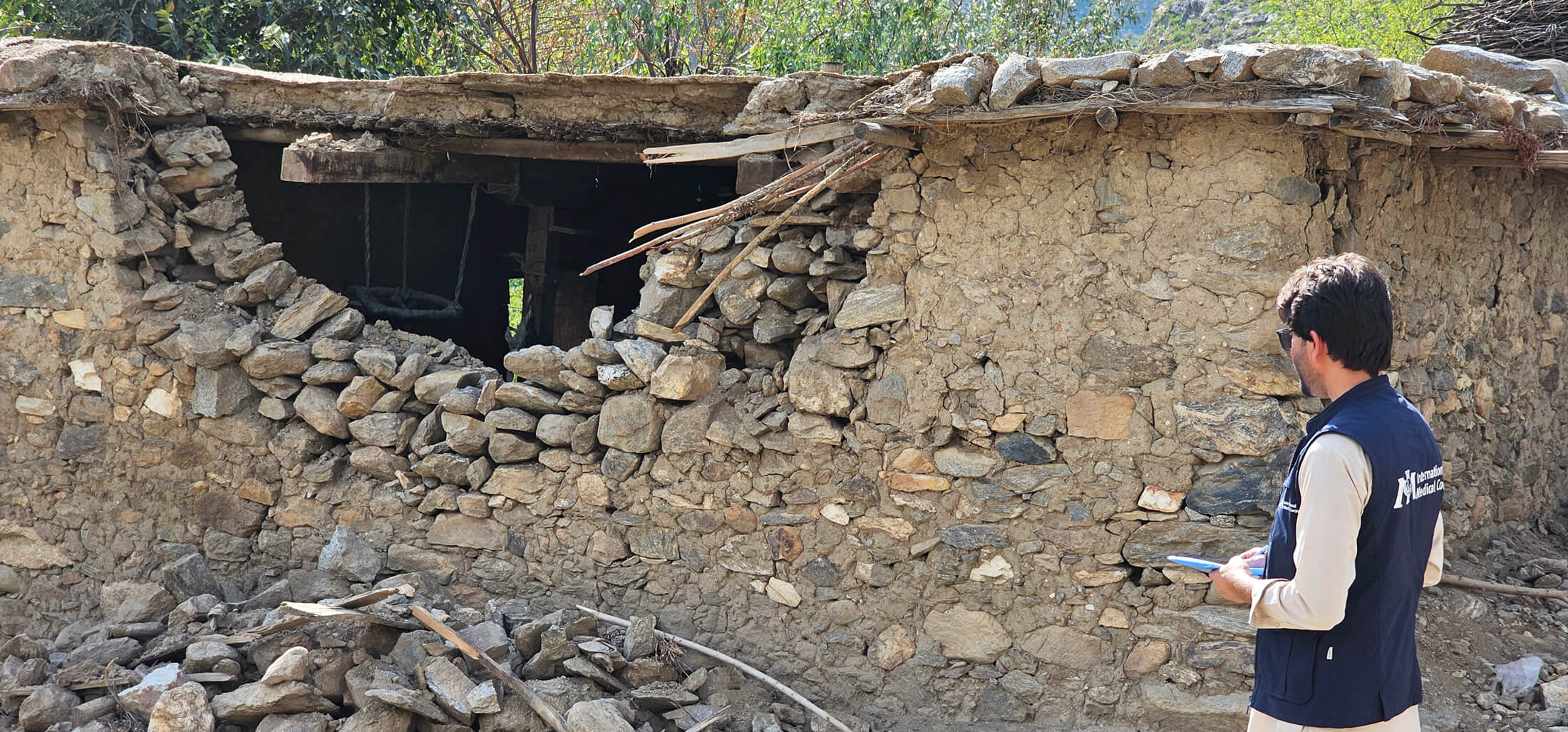
The tremor was followed by more than 17 aftershocks, including three above magnitude 5.0, causing even more destruction. The quakes were shallow (about 10 km below the surface), which magnified their effects. In this area, homes are built with mudbricks that are not reinforced with steel or other robust materials. The structures are sturdy enough to survive everyday conditions, but often collapse during earthquakes and intense storms.
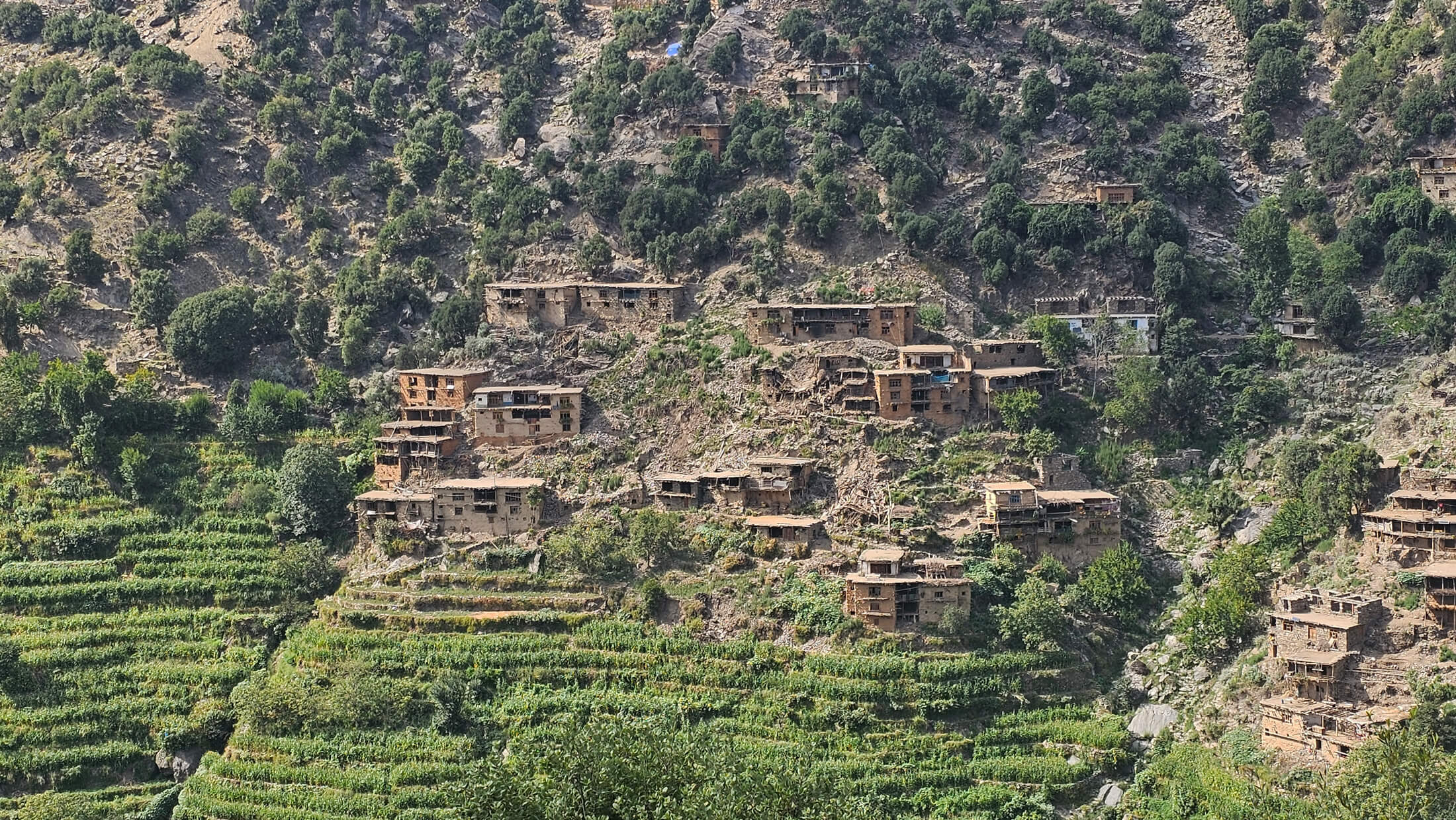
Thousands of homes and 21 health facilities in Kunar and Nangarhar provinces were instantly damaged or destroyed. Nearly 2,000 people died, including hundreds of children, and more than 3,600 people were injured.
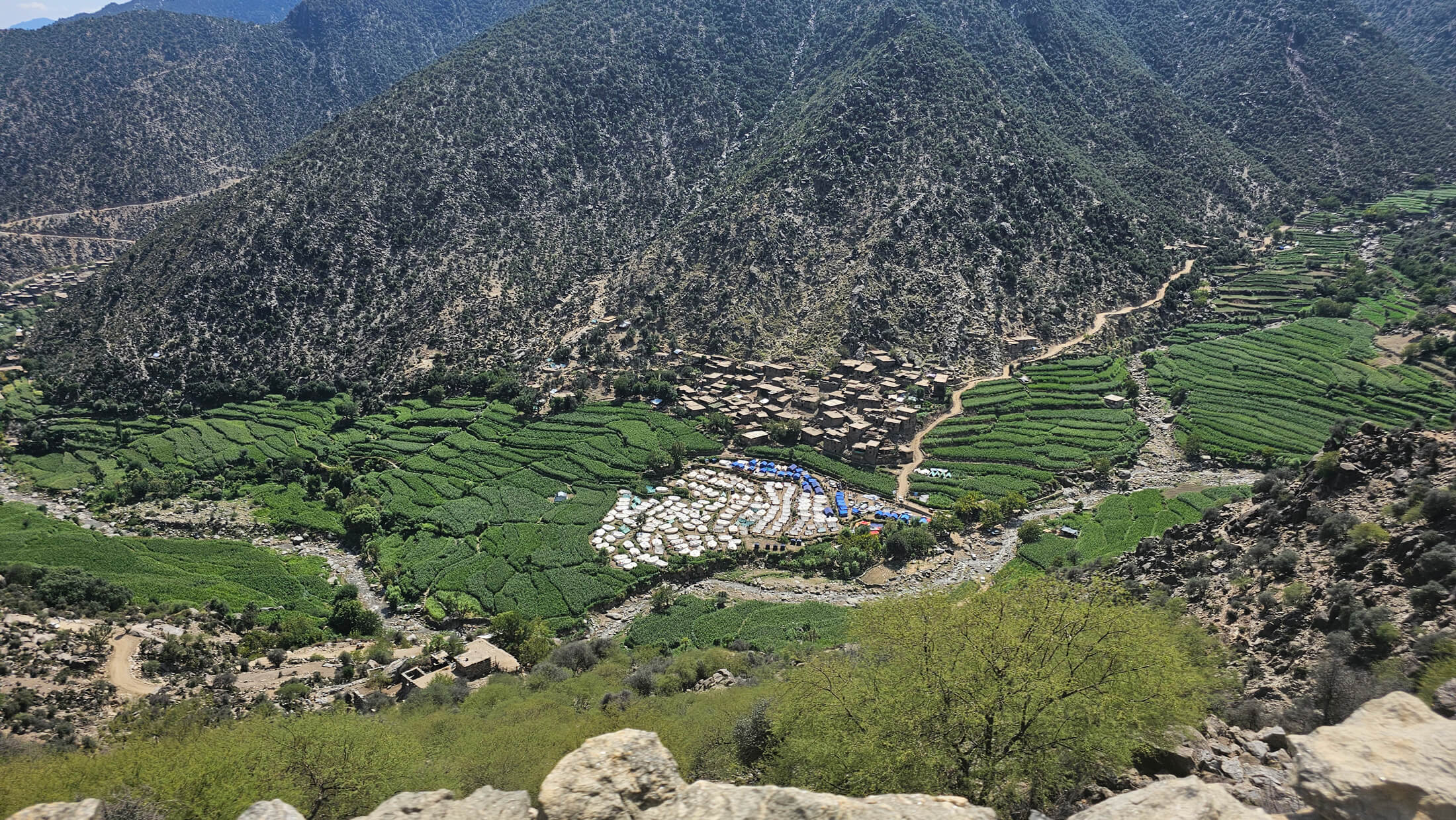
The earthquake triggered landslides that blocked access to several districts, leaving local communities isolated and forcing families, who feared more aftershocks, to remain outdoors. Many survivors are living in temporary shelters in newly established camps in Chawkay and Khas districts in Kunar province.
Survivors are also dealing with the intense psychological impact of the disaster. Many children have been orphaned or separated from their families, and mental health care is essential to help them and other survivors deal with the emotional impact of the disaster.
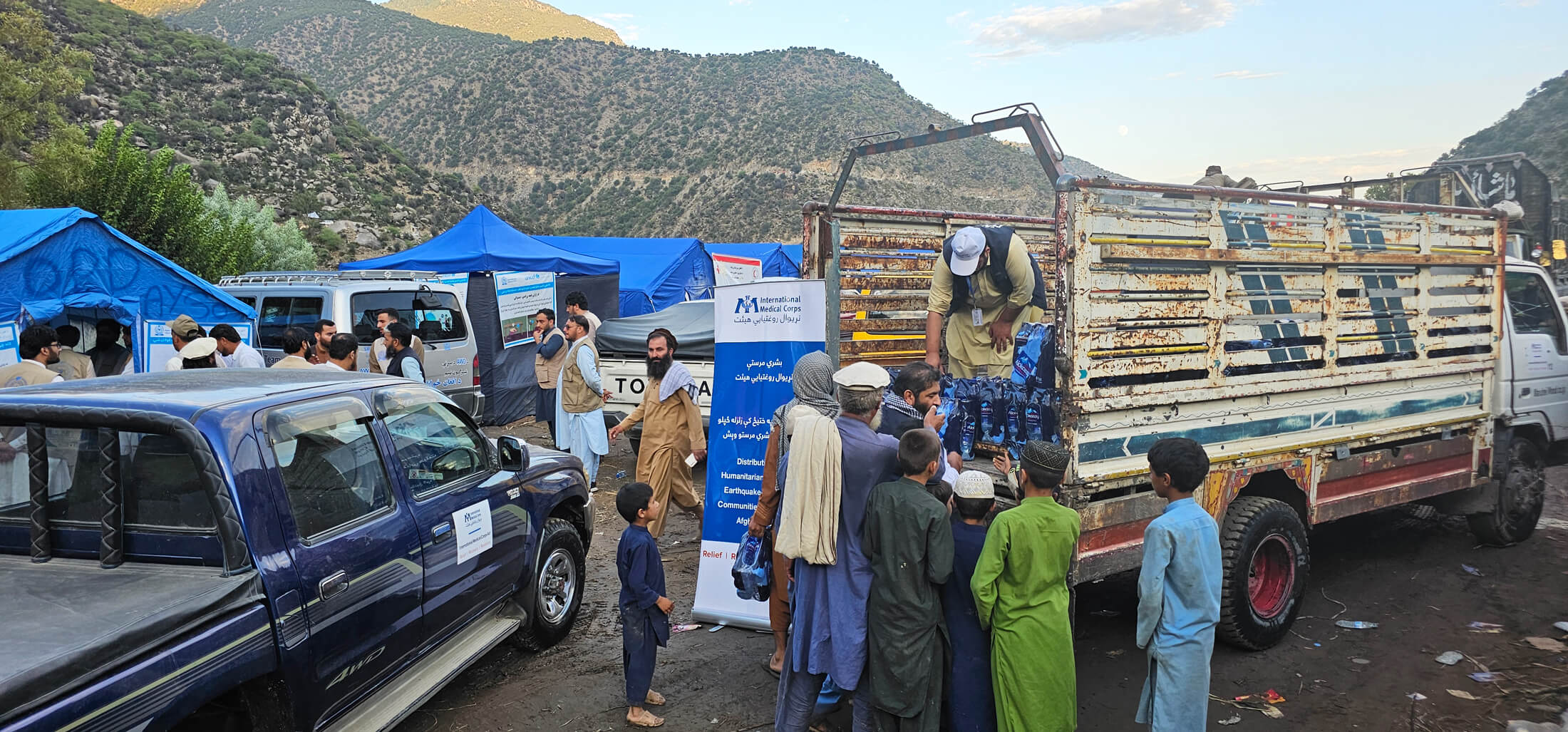
“International Medical Corps has worked in Afghanistan for more than 40 years,” explains Ahmed Kassas, International Medical Corps’ Country Director in Afghanistan. “We know these areas well and are able to navigate challenging terrain to provide vital support, including mental health services, when communities need it most. When the earthquake hit, our emergency response teams responded immediately, reaching affected communities with lifesaving supplies and services.”
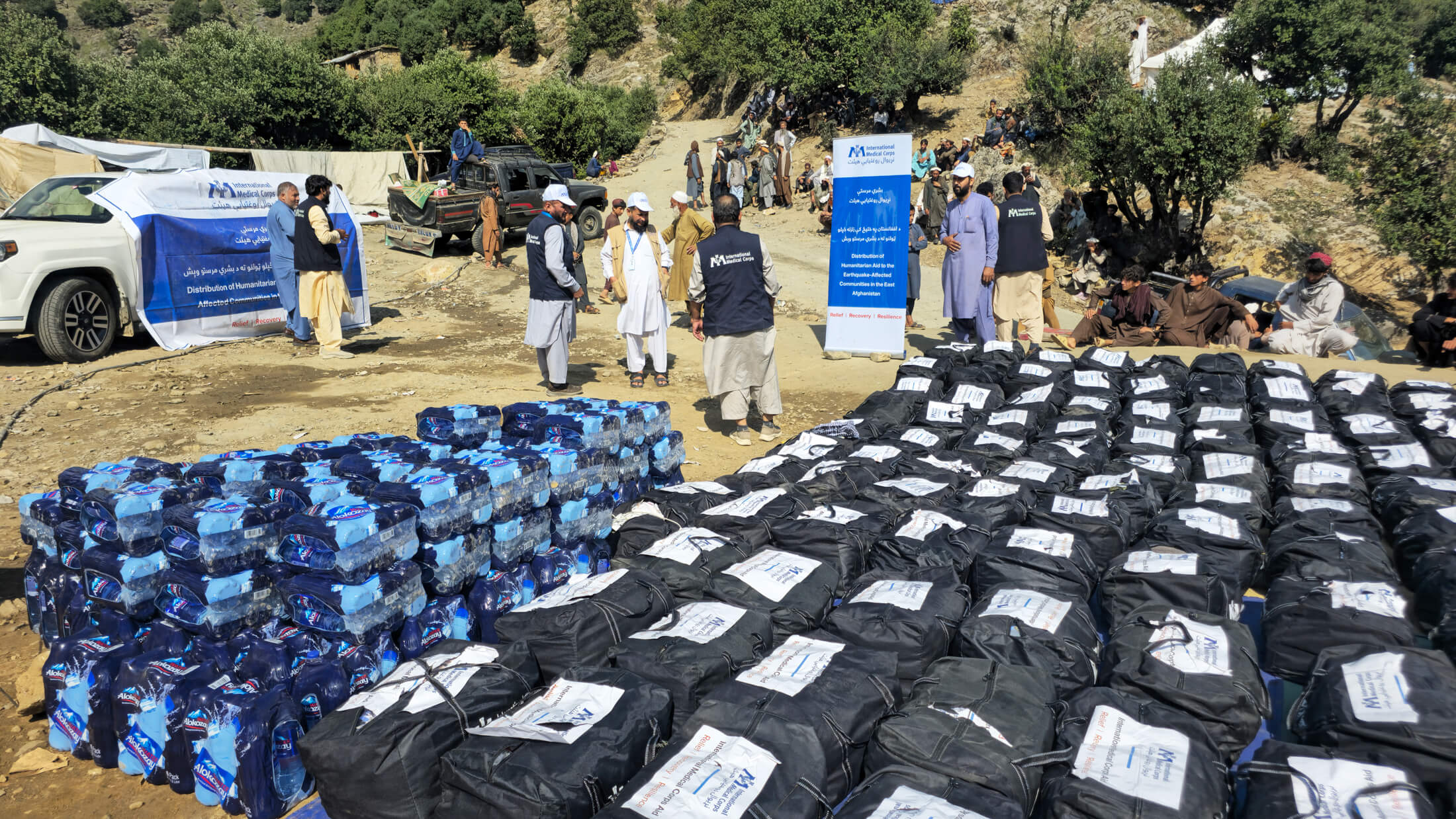
International Medical Corps has more than 22 years of experience in Kunar province and active programmes in Nangarhar. As usual, our teams are working with local partners, participating in coordination meetings to assess humanitarian needs in the affected areas and responding accordingly.
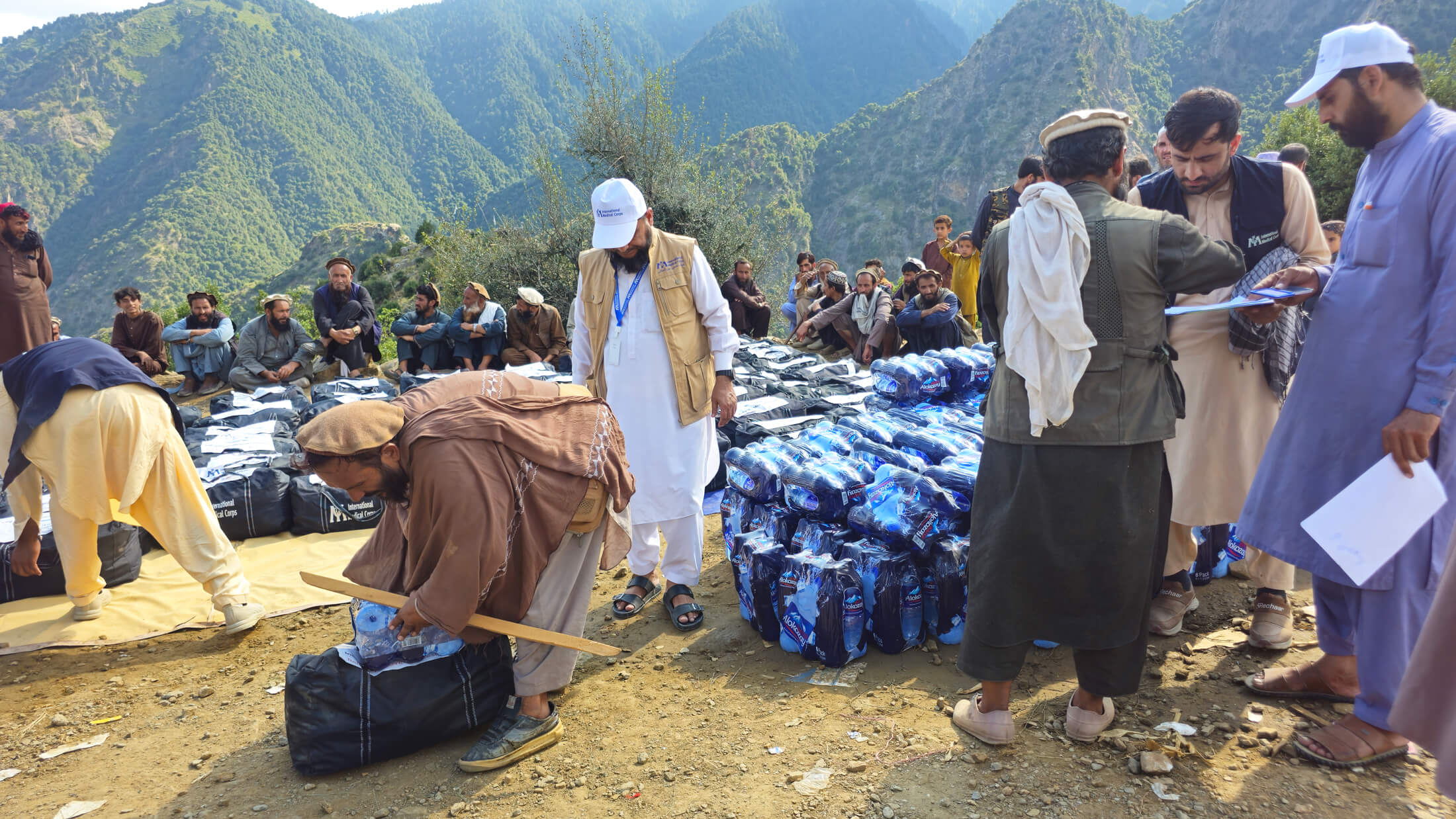
We have distributed clean water, tents and winterisation kits—which include soap and warm clothing (socks, shawls, sweaters, boots, gloves and woollen caps)—to families across Kunar. We’re also working closely with partners to assess damage to water supply networks that may require repairs, ensure access to clean water and reduce the spread of waterborne diseases. According to assessments, almost half of earthquake-affected communities are experiencing a water crisis, while about two-thirds rely on unsafe water sources.
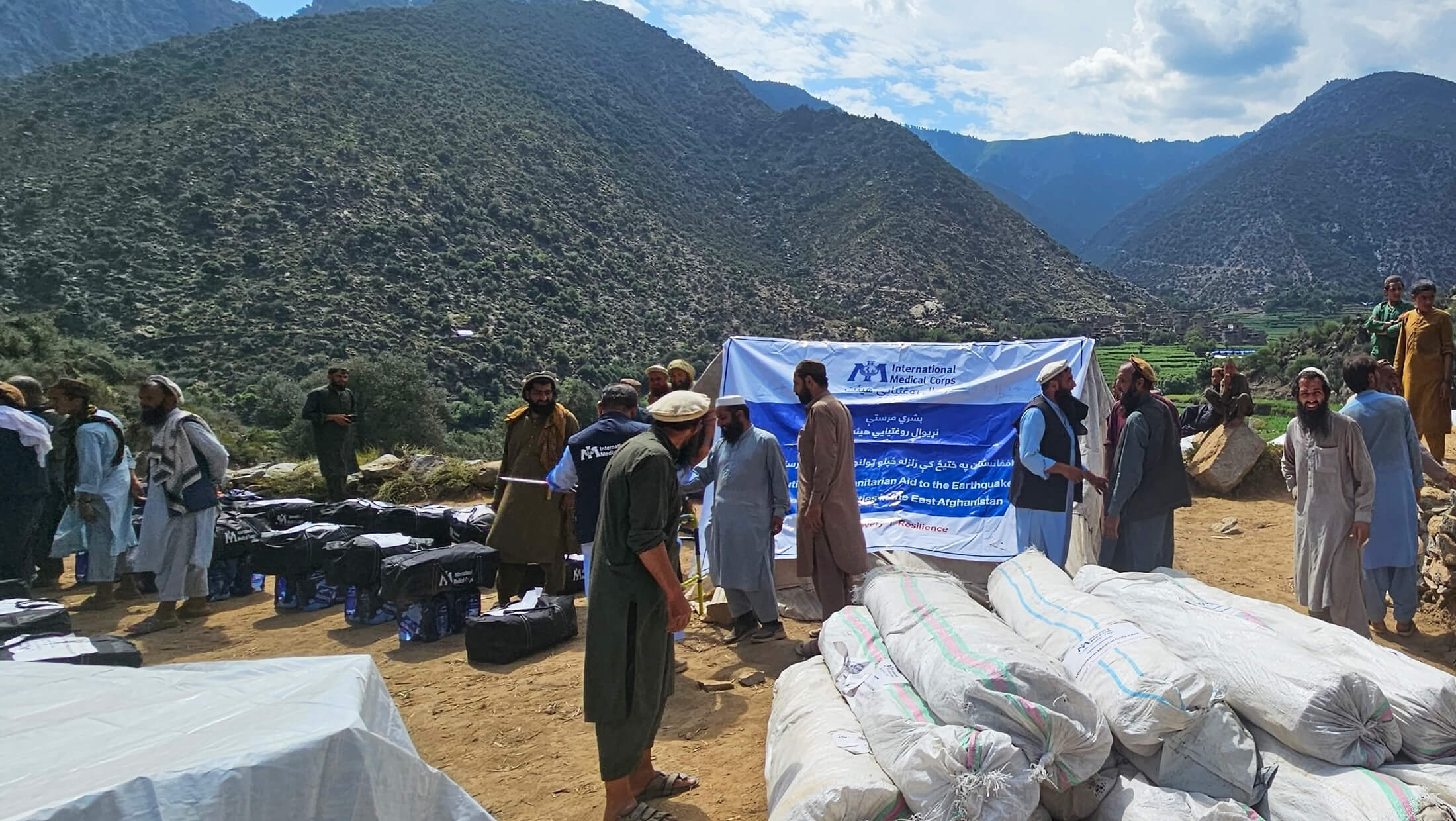
In line with our mission, we are providing training to help build resilience. We trained dozens of frontline health workers in psychological first aid so they can provide counselling to people reeling from the immense loss they have suffered, and continue to deliver immediate and ongoing mental health support.
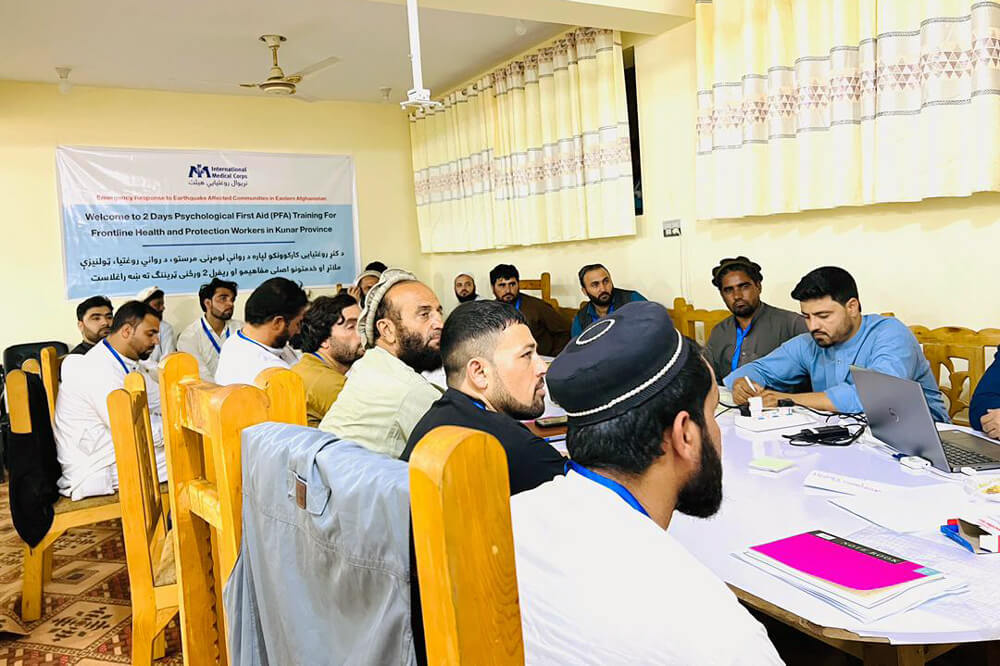
As we do in every emergency, International Medical Corps is working to quickly help communities in the wake of this disaster and provide long-term assistance to help communities recover.
Learn more about our work in Afghanistan, and how we responded to another series of earthquakes less than two years ago.
